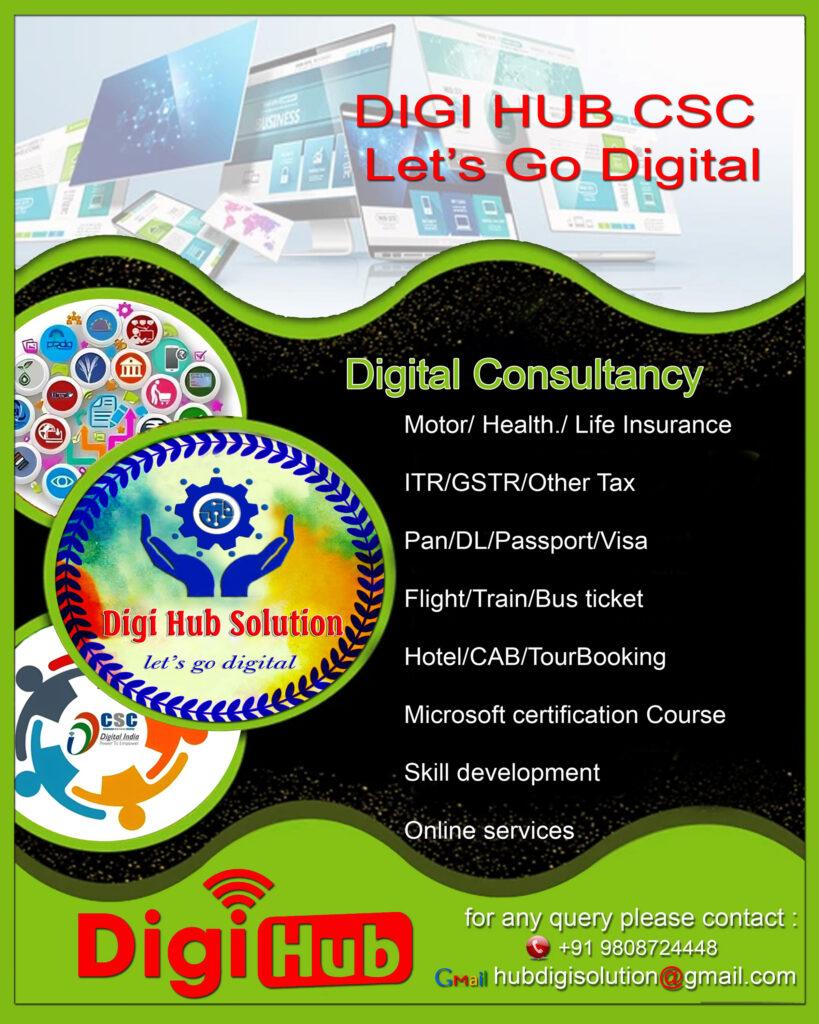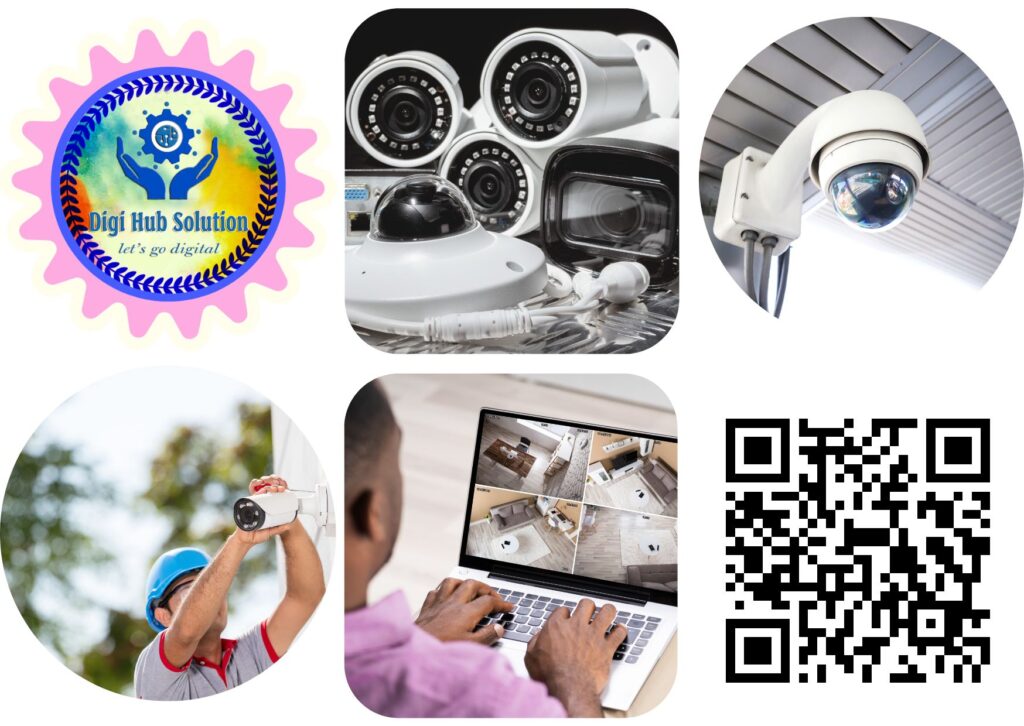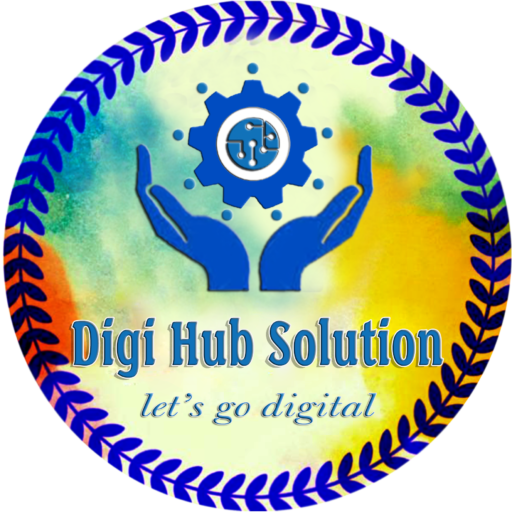
Computer Science is the study of computers and computational systems. Unlike electrical and computer engineers, computer scientists deal mostly with software and software systems; this includes their theory, design, development, and application.
Principal areas of study within Computer Science include artificial intelligence, computer systems and networks, security, database systems, human computer interaction, vision and graphics, numerical analysis, programming languages, software engineering, bioinformatics and theory of computing.
Although knowing how to program is essential to the study of computer science, it is only one element of the field. Computer scientists design and analyze algorithms to solve programs and study the performance of computer hardware and software. The problems that computer scientists encounter range from the abstract—determining what problems can be solved with computer and the complexity of the algorithms that solve them – to the tangible – designing application that perform well on handheld devices, that are eary to use, and that uphold security measures.
Graduates of University of Maryland’s Computer Science Department are lifetime learners; they are able to adapt quickly with this challenging field.
Computer Science Skills

When working in a field that changes and adapts constantly, being well-versed in problem-solving is a must. There will be times when the unit test of your code doesn’t go through successfully, or you have a long sprint to completing your next goal. In these situation, your flexibility and skill in working through a pressing problem will come in handy.
Critical thinking is probably one of the first thing that comes to mind when contemplating skills for computer science-oriented jobs; many roles in this field require lots of looking at screens, mulling over numbers, and testing code. It’s key for somebody in this field to be capable of understanding all sides of a problem-to analyze and edit things like a machine.
However, a sense of creativity will also help you fully tap into your role. Once you’ve got the analytical side of the equation down, the drive to generate exciting, new ways of doing things is absolutely vital to great computer science work.
Ahead, check out the 10 best jobs for computer science majors – and anyone else interested in the CS field.
1. Software Developer
Software Developers are tasked with creating and developing websites, programs, and other applications that run on computers or other devices.
Skills: A strong background in computer programming is highly recommended for these positions. Interpersonal skills to collaborate with other on projects and being detail oriented to be able to juggle multiple aspects are also highly valued.
2. Web Developer
Web Developers are programmers that are concentrated on coding, designing, and building out the layout of a website.
Skills: Knowledge of HTML/CSS, JavaScript, and other programming languages is essential for this role. It’s also important to have knowledge of graphic design and a collaborative mindset while working with other designers on projects.
3. UX Designer
UX Designers are in charge of creating significant and relevant experiences for users of a particular product or platform. They’re part of the reason why you love your favorite apps and their interfaces.
Skills: Knowledge of programming and computer systems can greatly aid your success in this role-this expertise makes it easier to translate your design vision to your team. Additionally, it helps if you’re well-versed in user empathy, which allows you to see the product as the future users would and adjust accordingly.
4. Mobile App Developer
Mobile App Developers are similar to Web Developers, except their area of expertise is creating, coding, and testing for mobile applications.
Skills: Besides the basics of strong analytical skills and coding knowledge, it’s good to know both programmatic languages—Java (for Androids) and Objective-C (for iphones)—for sake of range.
5. IT Project Manager
IT Project Managers are in charge of planning, budgeting, and basically running an organization’s IT goals and initiatives.
Skills: Strong leadership skills are vital in this role. As the IT Project Manager, you will be responsible for not only heading up a team, but guiding, hiring, and making decisions for the interest of all.
6. Information Security Analyst
Information Security Analysts are in charge of implementing systems of safety and protecting a company’s computer networks.
Skills: Being meticulous and detail-oriented in your work is mandatory for success in this role, as a whole organization’s security is on the line. Being able to predict outcomes and adjust security accordingly is also key.
7. Systems Architect
Systems Architects analyze a company holistically and figure out how to bring the best possible IT strategy for their department’s goals. They define and design the architecture of said system to create the highest quality experience possible.
Skills: To succeed as a Systems Architect, you need the ability to critically analyze the objectives of a business and identify the scale of resources it will require on all sides. Being able to troubleshoot, assess, and translate customer needs is also good to have.
8. AI Engineer
AI (Artificial Intelligence) Engineers create, test, and develop computer systems with a goal of mimicking human intelligence in said systems.
Skills: Programming is at the heart of this role,, alongside a strong understanding of software development, linear algebra, probability, and statistics.
9. Computer Hardware Engineer
Computer Hardware Engineers are responsible for designing, researching, developing, and building computer systems and components like chips, memory devices, and circuit boards.
Skills: You need solid technical and analytical skills, and a strong spirit of collaboration when working with software developers on developing projects.
10. Video Game Developer
These developers are the coding heroes behind the games you play in your free time. They code on various systems and conceptualize with other developers to create playable games.
Skills: Storytelling skills, along with the ability to conceptualize both plot and design, are key to this role. It’s valuable to have a vision and ideas for executing it well, not simply know the programmatic language.
What Are Computer Scientist Skills

Computer scientist skills are a combination of hard and soft skills that computer science professionals use on the job or to advance in their careers. A computer scientist may specialize in a variety of areas, including programming, software development, algorithms and data structures as part of a four-year degree programme. Additional certification courses also allow graduates to learn and develop the skills they need for this career.
Examples of Computer Scientist Skills
Here are some examples of hard and soft skills a computer scientist uses:
Hard skills
Here are some hard skills required for a job in this field:
Technical and mathematical skills
Computer scientists need a variety of technical skills, which include proficiency in software development, hardware engineering, technical writing and programming. They also utilize various concepts of mathematics to complete different projects. Typically, computer scientists have a strong background in linear algebra, discrete mathematics, calculus and statistics.
Programming
A thorough understanding of programming helps professionals build software to perform a set of tasks. You can benefit from being proficient in two or three coding languages. This can help you enhance your employment and provide you with better career opportunities. Being proficient in a programming language includes writing clean, understandable and maintainable code, debugging errors and optimizing it for various platforms.
Project management
Computer scientists use project management skills to manage and lead IT teams during the life cycle of a project. Some duties may include creating timelines, preparing a budget, allocating resources, collaborating with multiple teams, tracking and monitoring the team’s progress, risk management and ensuring timely delivery of products. You also require additional skills, such as good communication, leadership, time management and conflict resolution skills.
Technical writing
Proficiency in technical writing helps professionals in this field convey complex information to people from a non-technology background. The writing process may involve drafting software manuals, technical documents, white papers and presentations. Full-time technical writers work closely with subject matter experts, developers and solution architects to comprehend the technical aspects of a project and communicate it in an effective manner.
The history of computer science typically consists of mathematics or science and leads back much farther than the establishment of the science as we recognize it today. A typical black desktop with a flat screen, processor, keyboard, and little mouse may be the first image that comes to mind. Tablets and laptops have replaced desktop computers in this era over time. This image was recently changed to look like a cell phone. We are always surrounded by digital technology. We rely on technology for everything, from our automobiles to our cell phones, from online clothing shopping to utilizing Siri and Alexa. The computer turned the twenty- first century into a technological era. With PCs, internet, and software, the discipline of computer engineering has only gotten stronger over the past few decades. Now, it is anticipated that it has some very successful outcomes in robots, big data, and machine learning. Understanding computer science trends helps IT workers compete for the best job prospects. This handbook examines current IT trends and advancements, such as robots, cyber security, and artificial intelligence.
These are the main areas, trends, and opportunities for computer science in the IIMT University Meerut’s curriculum and teaching methods to teach its students to adapt to the ever-changing world of computer science. That is why IIMTU has become the top private university in Meerut U.P.
1. Learning
Let’s take a step back and examine what learning exactly is before we move too far into the subject. As knowledge is what we have—in some circumstances, gigabytes of it—learning from data will be the primary notion we need to grasp for our machines. Despite this, it. To convert it into terms of human behavior and explaining the notion of learning from experience is not a very big step. We can all perhaps agree that humans and other animals may show what we consider intelligent behavior by gathering experience. The ability to learn new skills and adapt to changing situations, regardless of one’s age as a human, offers flexibility in life. Remembering, adapting, and generalizing are key aspects of human learning. Recognizing that the last time we experienced this condition (saw this data), we tried a certain action (provided this output), and it worked (was accurate).
2. Machine Learning
As accuracy by how well specified actions approximate real ones, machine learning is the means of teaching computers to adjust or adapt their actions (whether these actions involve formulating predictions or operating a robot) in an effort to become increasingly accurate. Imagine competing against a machine in a game of Scrabble instead of another person. At first, you might win every time, but after some games, the machine starts to defeat you until you never win. Either you’re slowly improving, or the crossword machine is getting smarter. It may apply the same tactics that it employs to defeat you to defeat other players, saving it from having to learn everything from scratch every time a new opponent enters the game form of generalization. The intrinsic multidisciplinary nature of machine learning has only recently been acknowledged.
3. Robotics
The objective of the form of robotic systems is to simplify our lives via the study and development of robots. Computer science, mechatronics, and advanced manufacturing are all merged in the robotics.
Robotics makes use of developments in intelligent machines, machine learning, and other disciplines of engineering. Robots are designed to improve safety and efficiency in a number of industries, including manufacturing, agriculture, and food preparation. People use robotic technology to manufacture automobiles, handle unsafe procedures such as explosive ordnance disposal, and carry out complex surgeries. All individuals must have at least a bachelor’s degree to find employment in the field of robotics. Several industries consider robotics specialists with a master’s or a doctorate for administrative or sophisticated positions.

⮚ Possible career paths
✔ Scientists in Robotics
✔ Computing
✔ Data Science
✔ Project researcher in automation technology
✔ Computer Programming
4. Cyber security
Cyber security’s prime focus is to defend computer systems and networks, prevent hazards and assaults that emerge online. Better encryption has grown increasingly needed as enterprises continue to hold information on the cloud and perform activities online. Due to cyberattacks, people, companies, and governments suffer huge financial damages. For instance, the Colonial Pipeline lost $5 million as a result of the U.S. ransomware assault in May 2021, and customers paying higher gas prices as a result.
